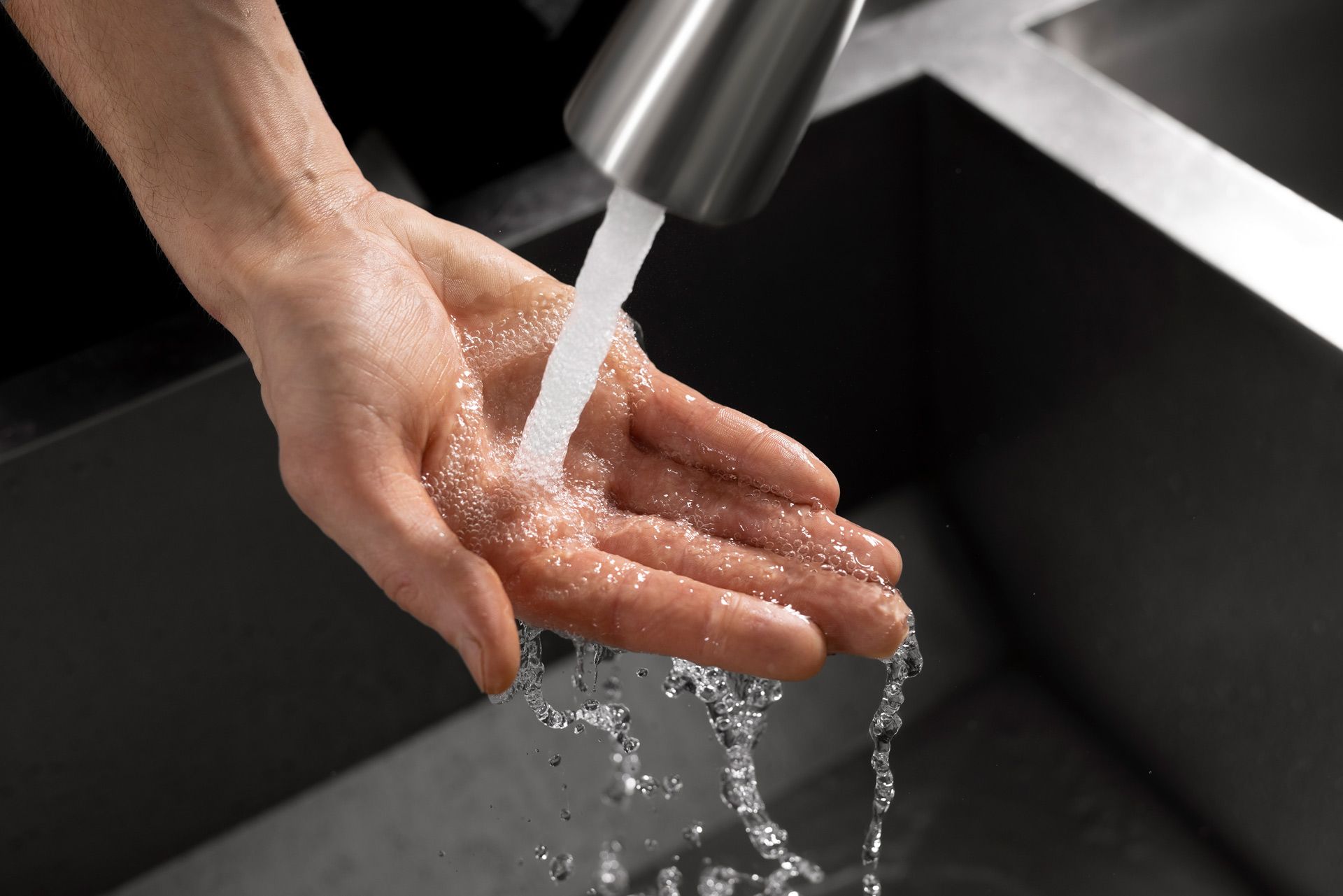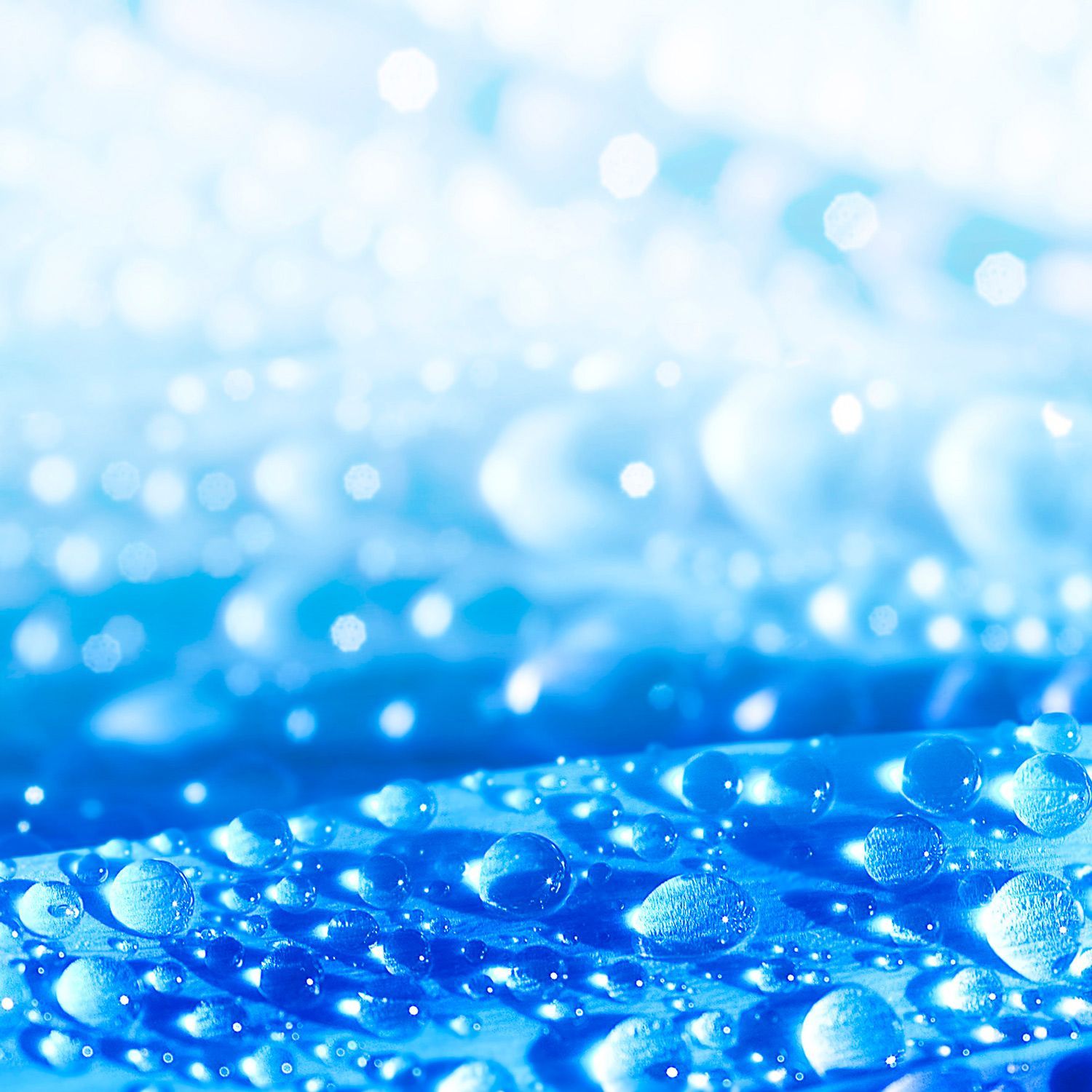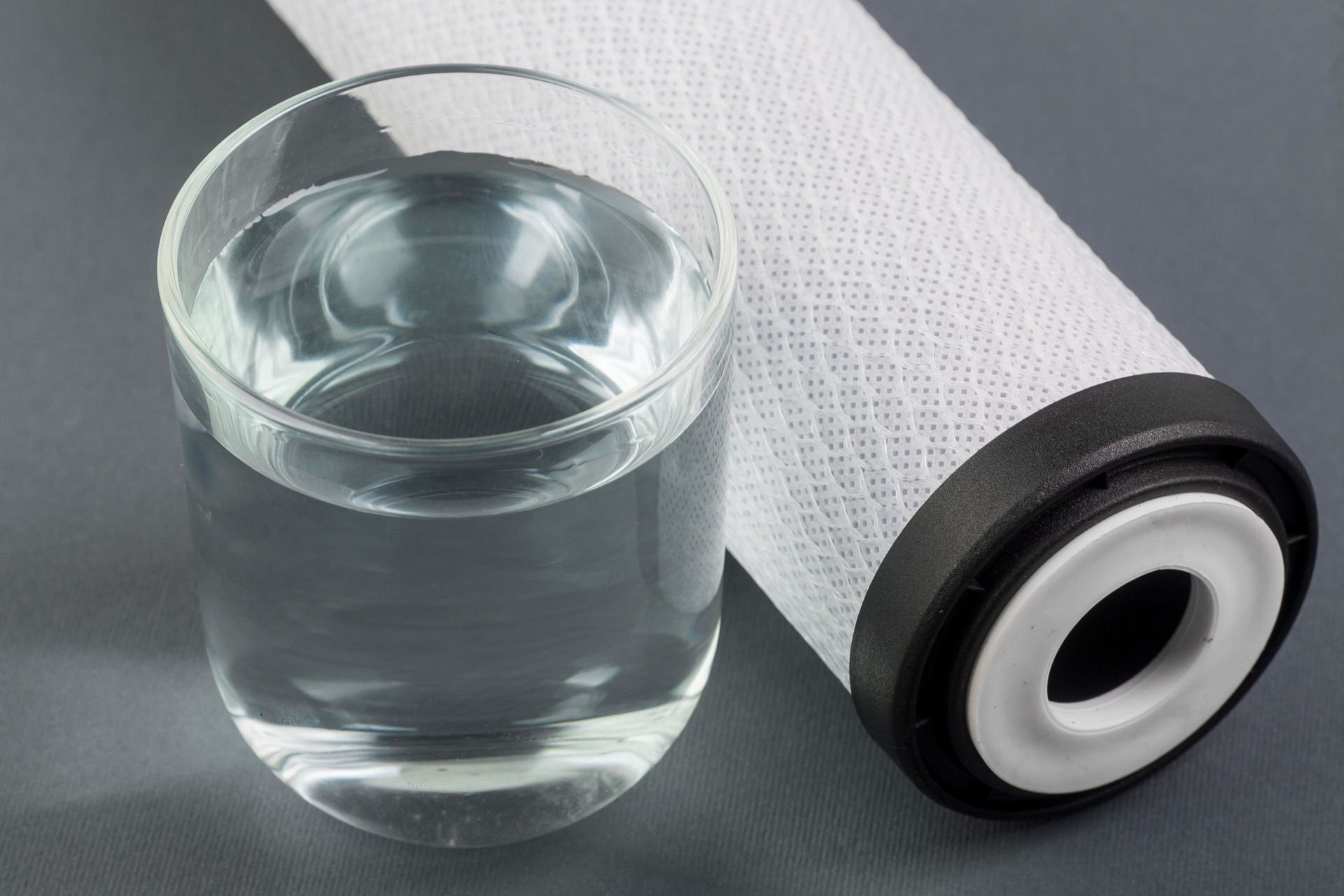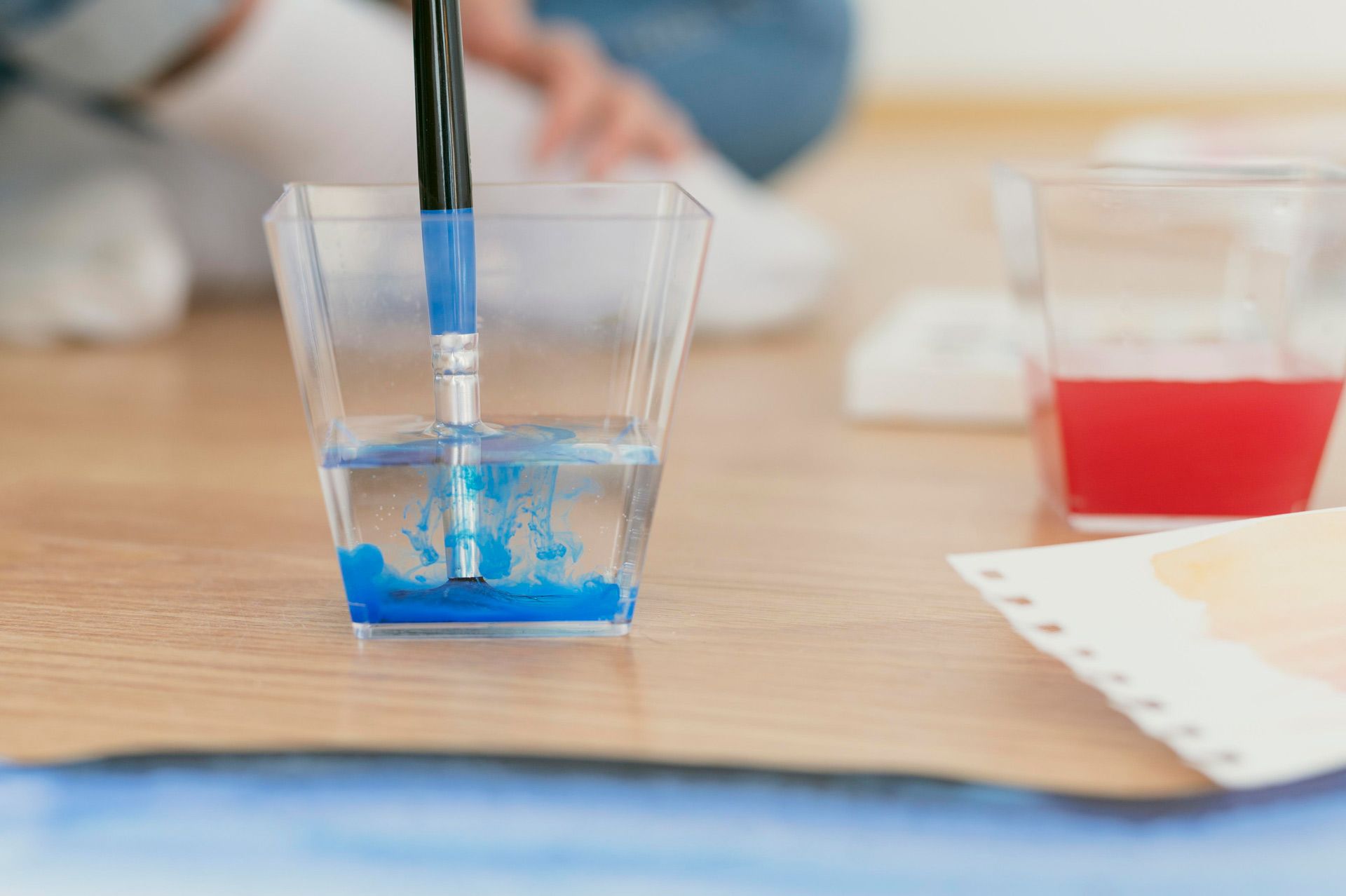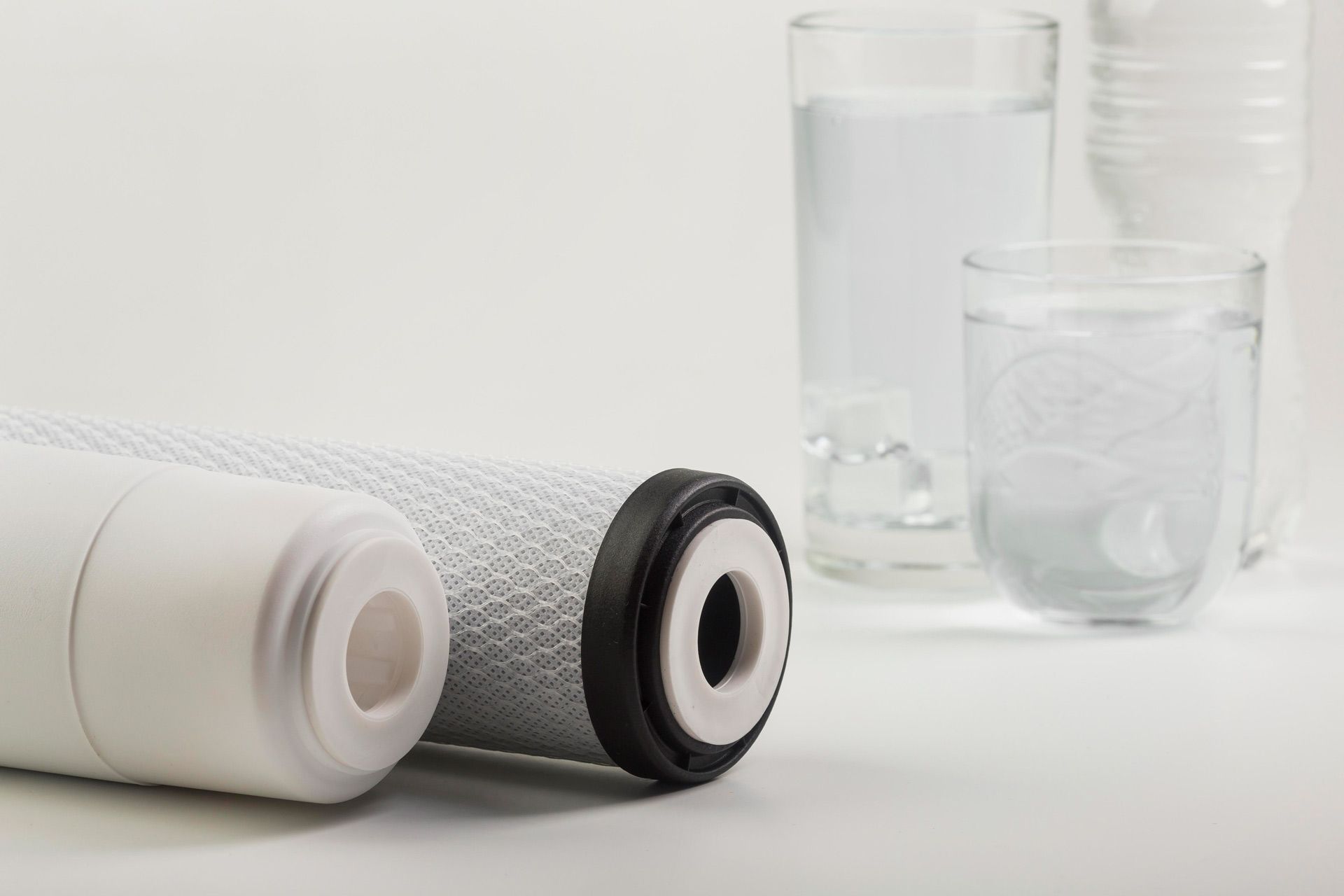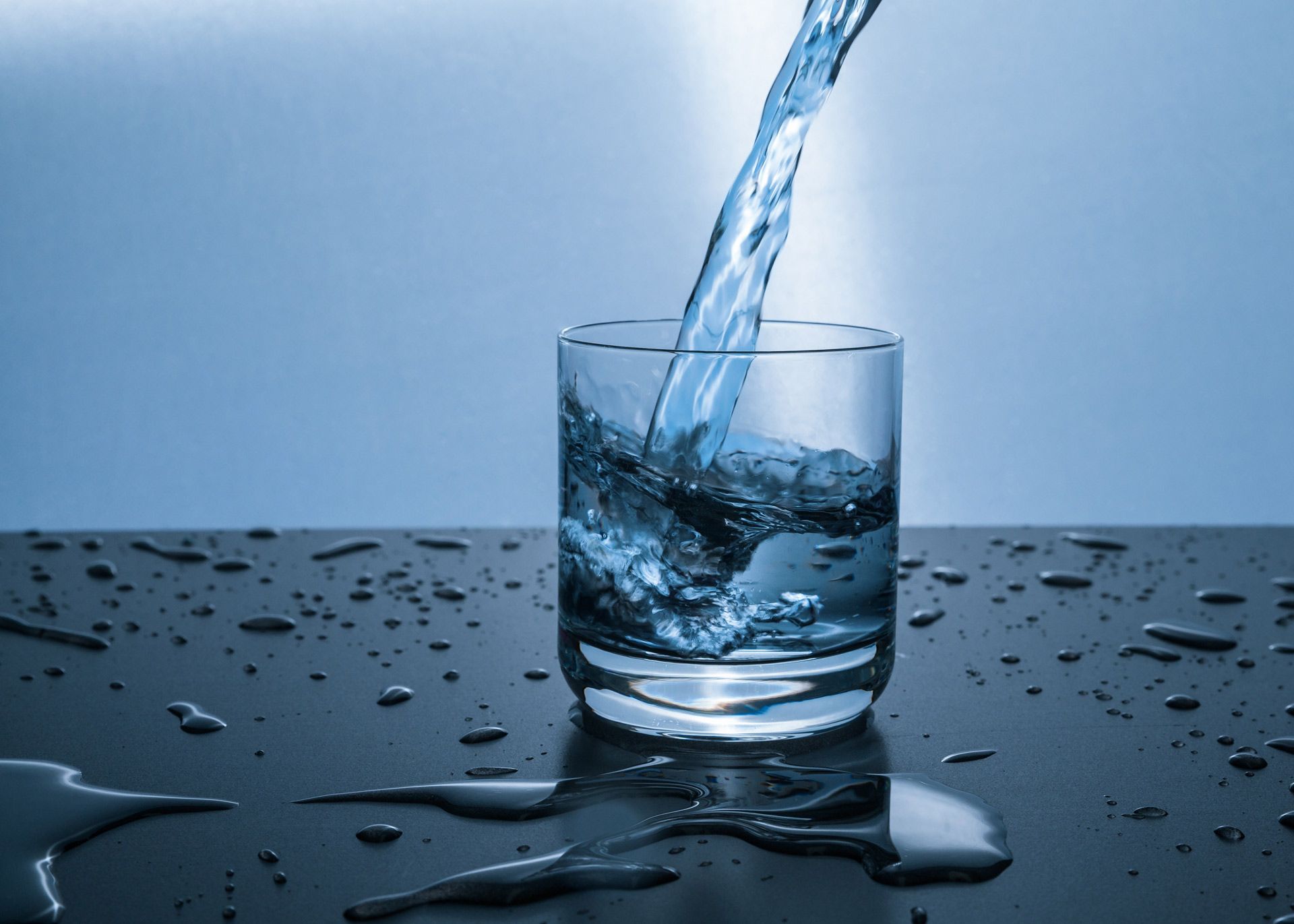Pros and Cons of Reverse Osmosis Water - Puresoft Water
April 1, 2025
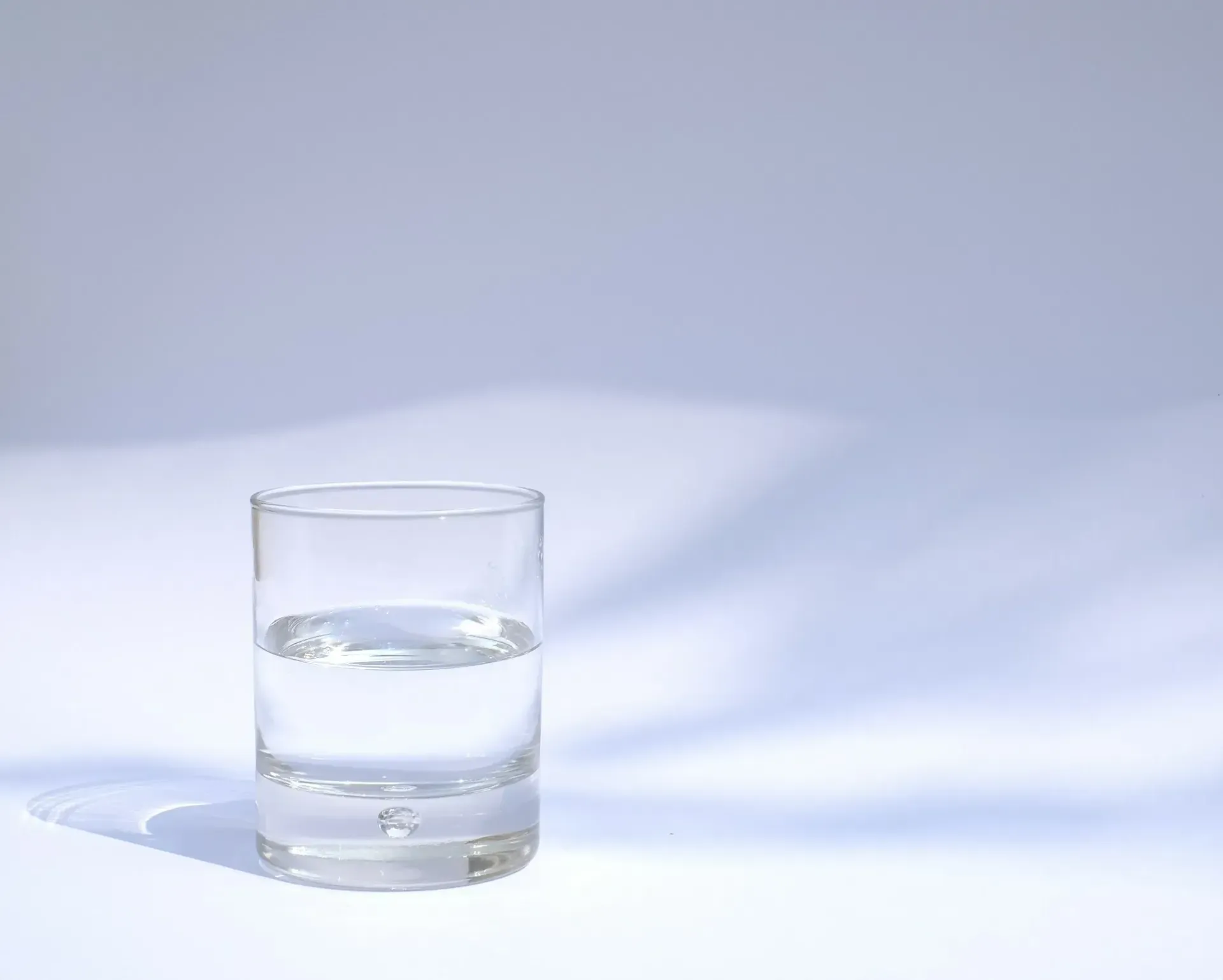
Thinking about upgrading your home’s water system? Reverse osmosis is one of the most trusted ways to get cleaner, better-tasting water. But before you make the switch, it’s smart to know what you’re gaining—and what you might be giving up.
So, what are the reverse osmosis water softener advantages and disadvantages? The pros include removing harmful contaminants, improving taste, and giving you high-quality drinking water. On the flip side, RO systems can waste water, strip healthy minerals, and may not be the best fit for every home.
In this guide, we’ll break it all down—how reverse osmosis works, what makes it effective, and where it falls short. We’ll also touch on other
water filtration options so you can choose what works best for your needs.
Definition and How Reverse Osmosis Filtration Works
Reverse osmosis (RO) is a water purification process that uses pressure to force water through a semipermeable membrane, removing contaminants and producing clean, safe drinking water. It’s a highly effective method for filtering out impurities such as heavy metals, chlorine, and dissolved salts.
For an in-depth explanation of reverse osmosis filtration, refer to our comprehensive guide: Ultimate Guide to Reverse Osmosis Water Filters Systems.
What are the Pros of Reverse Osmosis?
Removes Contaminants Effectively
Reverse osmosis systems can eliminate up to 99% of harmful contaminants, including lead, fluoride, chlorine, and dissolved salts. This ensures that the water you drink is safe and clean. Having contaminant-free water is crucial for your health, especially for vulnerable groups like children and the elderly.
Improves Taste and Odor
By filtering out impurities, reverse osmosis significantly enhances the taste and smell of your water, making it more enjoyable to drink. Great-tasting water encourages better hydration habits, contributing to overall health.
Reduces Sodium Levels
RO systems effectively reduce sodium levels in water, which is beneficial for individuals on low-sodium diets. This is particularly important for people with hypertension or kidney issues, where sodium intake needs to be strictly controlled.
Environmentally Friendly
Using a reverse osmosis system reduces the need for bottled water, cutting down on plastic waste and benefiting the environment. This makes RO systems a sustainable choice, reducing your carbon footprint and helping protect the planet.
Low Maintenance
Once installed, reverse osmosis systems require minimal maintenance, typically involving periodic filter changes. This convenience means less hassle and ensures a continuous supply of clean water with little effort.
Cost-Effective Over Time
Although the initial investment may be higher, reverse osmosis systems are cost-effective in the long run. You’ll save money by not purchasing bottled water and reducing potential health costs associated with contaminated water.
Versatility in Usage
RO water can be used for drinking, cooking, and even in appliances like coffee makers and humidifiers. This versatility ensures that all water you use is pure, enhancing the quality of your food and beverages, and prolonging the life of your appliances.
What are the Cons of Reverse Osmosis?
Water Wastage
Reverse osmosis systems can waste a significant amount of water, as they use several gallons to produce one gallon of purified water. This inefficiency can lead to higher water bills and environmental concerns due to excessive water consumption.
Removes Beneficial Minerals
RO systems also remove beneficial minerals like calcium and magnesium, which are essential for health. Losing these minerals means you may need to find alternative sources to meet your dietary needs, impacting your overall well-being.
Slow Filtration Process
The process of reverse osmosis can be slow, taking time to produce purified water, which might not meet high daily consumption needs. This can be inconvenient, especially for large families or households with high water usage.
Initial Cost
The installation and setup of an RO system can be expensive, with additional costs for maintenance and filter replacement. The initial investment might be a barrier for some, making it less accessible for everyone.
Potential for Bacterial Growth
If not maintained properly, RO systems can become breeding grounds for bacteria, compromising water quality. Proper maintenance is crucial to ensure that the system remains safe and effective, adding to the overall effort required.
Requires Regular Maintenance
Regular maintenance is necessary to keep the system functioning optimally. This includes periodic filter changes and system checks, which can be time-consuming and costly.
Limited Effectiveness Against Certain Contaminants
RO systems may not effectively remove certain contaminants, such as volatile organic compounds (VOCs) and some pesticides. Relying solely on RO might leave some harmful substances in your water, requiring additional filtration methods.
Alternatives to Reverse Osmosis Water Filtration
If reverse osmosis doesn't meet your needs, there are several alternative water filtration methods to consider:
Activated Carbon Filters
Activated carbon filters use charcoal to absorb impurities, effectively removing chlorine, sediment, and volatile organic compounds (VOCs) from water. These filters are widely used for their ability to improve water taste and odor, and they are relatively inexpensive and easy to maintain.
Ultraviolet (UV) Purification
UV purification uses ultraviolet light to kill bacteria and viruses in the water. It's a chemical-free method that ensures microbiological safety, making it an excellent option for those concerned about pathogens.
Water Distillation
Distillation involves boiling water and then condensing the steam back into a liquid to remove contaminants. This method is effective for removing a wide range of impurities, including heavy metals and salts, though it can be slow and energy-intensive.
Ceramic Filters
Ceramic filters use porous ceramic material to filter out bacteria, sediment, and some larger pathogens. They are durable, reusable, and excellent for removing particulates, though they may not be effective against chemical contaminants.
Whole House Water Filters
These systems filter water at the point of entry into your home, providing clean water for all uses. They are convenient and ensure that all the water in your household, from drinking to bathing, is free from contaminants.
The Bottom Line
When weighing the pros and cons of reverse osmosis water filtration, it's clear that the benefits often outweigh the drawbacks for many users. The ability to effectively remove contaminants, improve water taste, and reduce environmental impact makes reverse osmosis a compelling choice for households seeking high-quality drinking water.
Despite some downsides, such as water wastage and the removal of beneficial minerals, the overall advantages of reverse osmosis make it a worthy investment. With proper maintenance and supplementary mineral intake, you can enjoy the health and taste benefits of clean, purified water.
Ready to enjoy the benefits of reverse osmosis water? Puresoft Water Treatments is here to help you achieve the highest quality drinking water for your home. Our expert services and top-of-the-line products ensure that you and your family have access to safe, great-tasting water.
Why Choose Puresoft Water Treatments?
- Service Areas: We proudly serve Central Indiana, including Westfield, Carmel, Brownsburg, Avon, Plainfield, Martinsville, and Mooresville.
- Products:
- Water Treatment: Comprehensive solutions tailored to your specific water quality needs.
- Water Softeners: Our water softeners include whole home treatment systems designed to provide soft, clean water throughout your entire house.
- Water Filters: High-performance filters that effectively remove contaminants, ensuring pure and safe water for all uses.
Contact Puresoft Water Treatments today to learn more about our products and services. Let us help you find the perfect reverse osmosis system for your home and experience the difference of clean, purified water.

